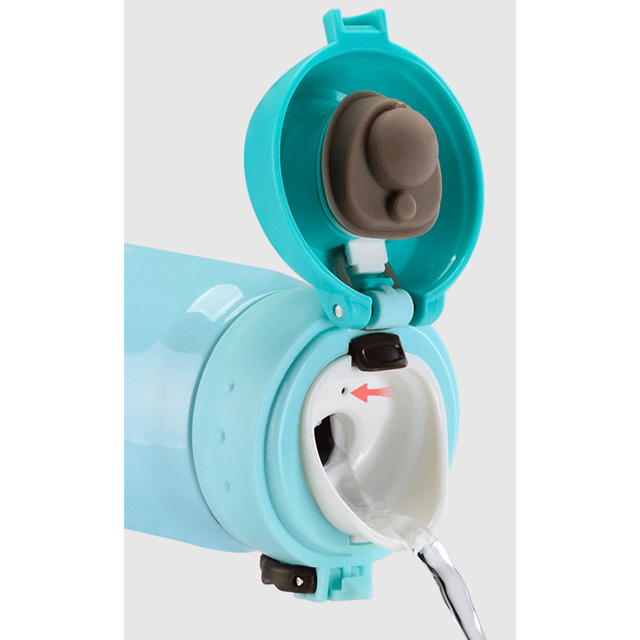how are vacuum flasks made
Welcome back, readers! Today, we’re going to delve into the realm of thermos bottles. Have you ever wondered how these amazing containers are made? Join us on this fascinating journey and discover the detailed process of making a thermos. From design to production, we’ll uncover the secrets behind these indispensable partners who keep our beverages at the perfect temperature.
1. Understand engineering design:
To create a functional thermos, engineers consider structure, insulation and ergonomics. The design starts with a stainless steel or glass inner bottle that can withstand high or low temperatures. This inner bottle is then installed into a protective casing, usually made of plastic or metal. These two layers are properly sealed to prevent any air leakage and maintain an airtight vacuum.
2. Double Wall Magic:
One of the key components that makes the thermos so effective is its double-wall construction. The gap between the inner and outer layers creates a vacuum that greatly reduces conductive and convective heat transfer, providing excellent thermal insulation. This clever design keeps drinks hot or cold for a long time.
3. Production process: assembly line operation:
The production of thermos bottles is an elaborate process involving assembly lines. Let’s explore the different stages of rejuvenating your thermos.
a. Frame and shell creation:
The housing is first manufactured by molding plastic or forming metal. Materials chosen should be durable and aesthetically pleasing.
b. Inner bottle structure:
Meanwhile, the liner is made of stainless steel or heat-resistant glass. The flask is engineered to withstand high or low temperatures, ensuring that the desired temperature of your drink is maintained.
c. Connect the inner bottle to the outer shell:
Then carefully place the inner bottle into the outer shell. The two components connect seamlessly to form a secure, tight fit.
d. Testing and Quality Control:
Before being finished, each thermos is quality checked to ensure its effectiveness. Pressure, insulation and leak testing are performed to ensure products meet safety standards and perform at their best.
4. Additional functions:
Manufacturers are constantly innovating to enhance the functionality of thermos bottles. Here are some value-added features that are commonly included:
a. Insulating caps and covers:
To prevent heat loss and maintain the desired temperature, the thermos is equipped with an insulated lid and lid. These additional barriers minimize the chance of heat transfer between the contents and the environment.
b. Convenient handle and shoulder strap:
For easier carrying of the thermos, many designs feature ergonomic handles or straps. This ensures portability and allows users to easily transport their drinks.
c. Additional decoration and personalization:
To appeal to a broad consumer base, thermos bottles are available in a variety of finishes, colors and patterns. Some manufacturers also offer personalization options that allow customers to add their own name or design to make the flask unique.
in conclusion:
Now that we’ve revealed the secrets behind the making of the thermos, we’ve gained new insight into these extraordinary creations. A combination of engineering, design and function ensures our beverages stay at the perfect temperature wherever they go. So next time you pick up your trusty thermos, take a moment to marvel at the intricate process behind it. Cheers to the miracle of technology and innovation!
